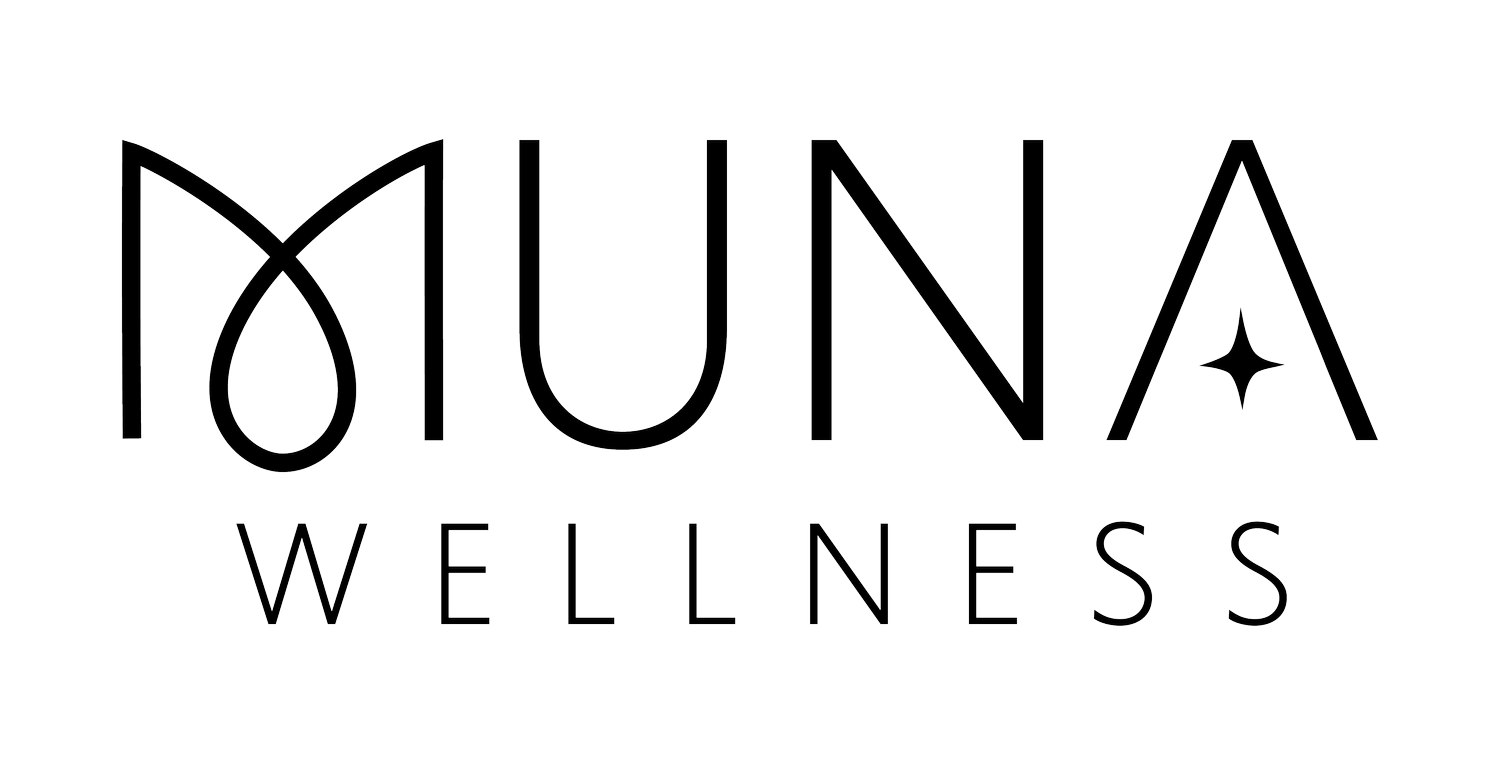
Frequently Asked Questions & Mental Health Resources
FREQUENTLY ASKED QUESTIONS
-
No. I, like many other private practice owners, do not take insurance. However, I can provide a superbill that clients can submit to their insurance for out-of-network reimbursement. I can also provide a guide that helps you inquire about your potential out-of-network benefits.
-
The short answer is that our healthcare system significantly undervalues our work by limiting the number of sessions, requiring extensive paperwork, very little pay, and limited confidentiality for the client. Therefore, until the kinks in this system are worked out, I will not be taking insurance.
-
I prefer to start with weekly sessions until we have reached the maintenance phase of therapy. Then, when clients feel ready, we discuss the option of biweekly sessions.
-
Not currently.
-
No, therapists are only licensed to see clients within the states that they are licensed. I am currently licensed in the state of California.
-
I'm happy to walk you through the process. Check out my blog on how to make use of out-of-network benefits.
-
I do not offer a sliding scale, but here are some options I do have available:
• I do accept Loveland Foundation vouchers which provide Black women and girls with vouchers to help cover the cost of therapy. Visit their website here.
• I keep 20% of my caseload for Black women who are students, parents, unemployed, or work in social service fields (non-profits, education, etc.) to receive therapy at half the cost.
• If you have a PPO insurance plan, you may be able to get partial reimbursement for the out-of-pocket costs of therapy. I can provide a superbill for you to submit to them for reimbursement.
-
I use a HIPAA-compliant platform called Simple Practice to do all sessions. Before your appointment, a video link will be sent to your email to give you access to the video session. It's like Zoom for therapists. You can use the Simple Practice client portal to request or cancel appointments and access superbills and other documents.
“Good Faith Estimate for Health Care Items and Services” Under the No Surprises Act
You have the right to receive a “Good Faith Estimate” explaining how much your medical and mental health care will cost. Under the law, health care providers need to give patients who don’t have insurance or who are not using insurance an estimate of the expected charges for medical services, including psychotherapy services. You have the right to receive a Good Faith Estimate for the total expected cost of any non-emergency healthcare services, including psychotherapy services. You can ask your health care provider, and any other provider you choose, for a Good Faith Estimate before you schedule a service. If you receive a bill that is at least $400 more than your Good Faith Estimate, you can dispute the bill. Make sure to save a copy or picture of your Good Faith Estimate. For questions or more information about your right to a Good Faith Estimate, visit www.cms.gov/nosurprises
Interested in using your out-of-network benefits for therapy?
Check out this blog on how to get started and check your benefits coverage for FREE.
Crisis Helplines
National Suicide and Crisis Hotline: 988
Crisis Text Line: Text HOME to 741741 for 24/7 crisis support.
California Suicide & Crisis Hotlines PDF: Find phone numbers and links to all the suicide and crisis hotlines by county in California.
California Warm Peer Line: Call 855‑845‑7415 for 24/7 for non-emergency support to talk to a peer counselor with lived experience.
National Domestic Violence Hotline: Call 800-799-7233
Sliding Scale Resources
Online therapy is offered throughout California including the San Francisco Bay Area, Oakland, Sacramento, and Los Angeles. Specializing in individual therapy for people of color and pregnancy and postpartum mental health.
